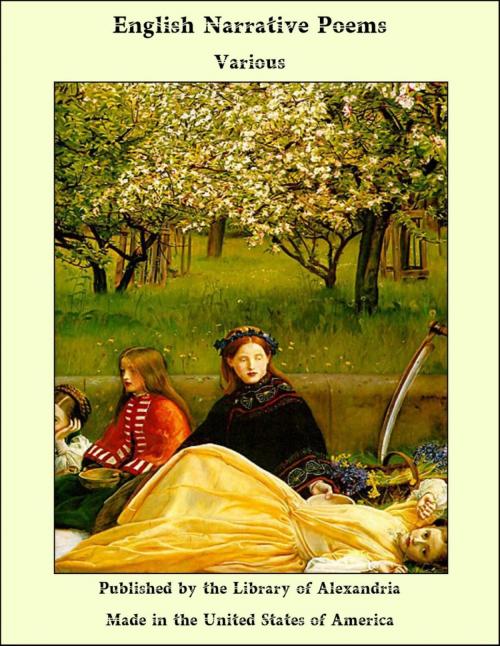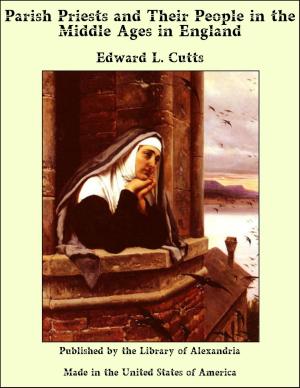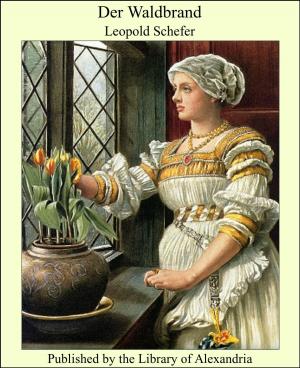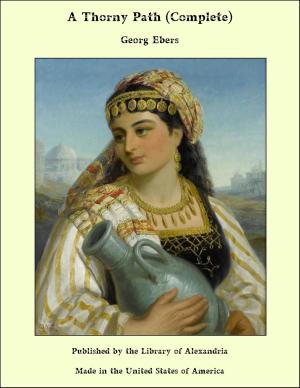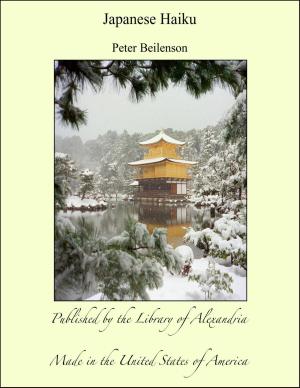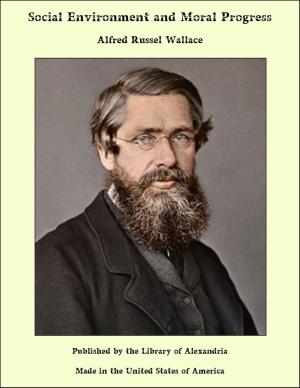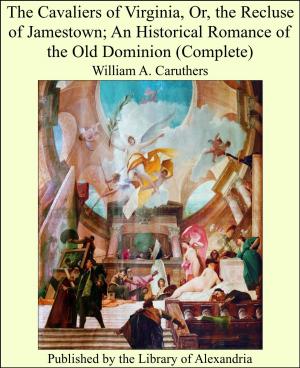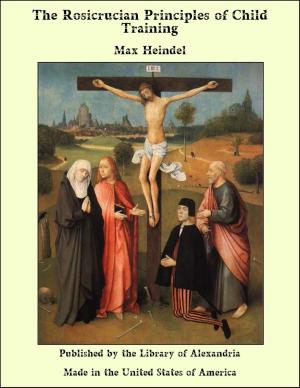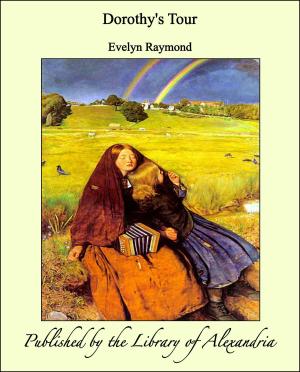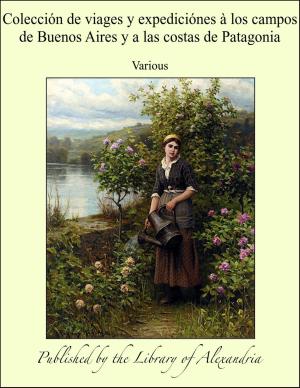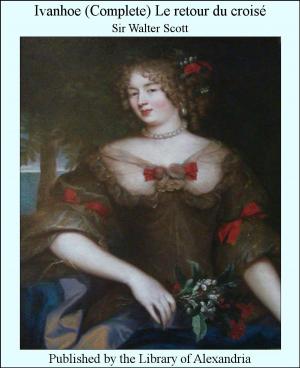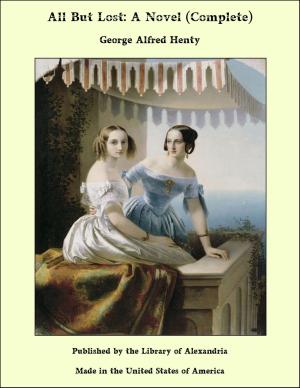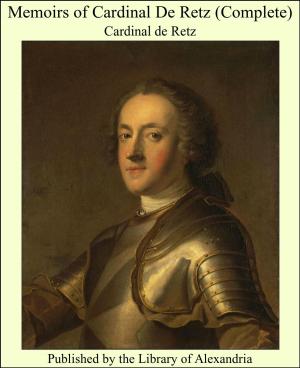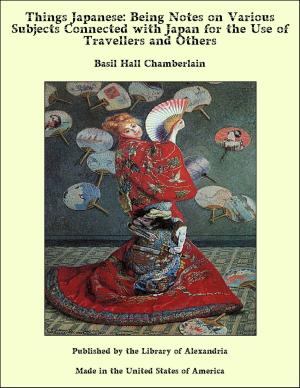| Author: | Various Authors | ISBN: | 9781465585592 |
| Publisher: | Library of Alexandria | Publication: | March 8, 2015 |
| Imprint: | Language: | English |
| Author: | Various Authors |
| ISBN: | 9781465585592 |
| Publisher: | Library of Alexandria |
| Publication: | March 8, 2015 |
| Imprint: | |
| Language: | English |
Narrative poetry is distinguished from other types of verse in that it aims to relate a connected series of events and, therefore, deals primarily with actions, rather than with thoughts or emotions. This definition, however, simple as it appears to be in theory, is often difficult to apply as a test because other matter is blended with the pure narrative. In any story where the situation is made prominent, description may be required to make clear the scene and explain movements to the reader; thus Enoch Arden begins with a word picture of a sea-coast town. Again it is often necessary to analyze the motives which actuate certain characters, and so it becomes necessary to introduce exposition of some sort into the plot. The poems in this collection serve to enforce the lesson that the four standard rhetorical forms—narration, description, exposition, and argumentation—are constantly being combined and welded in a complicated way. In cases where these various literary elements are apparently in a tangle, a classification, if it be made at all, must be based on the design of the poem as a whole, and the emphasis and proportion given to the respective elements by the author. If the stress is laid on the recounting of the events which make up a unified action, and if the other factors are made subordinate and subsidiary to this end, then the poem in question belongs to the narrative group. The antiquity of the narrative as a form of literature is undisputed. Indeed it has been established with a reasonable degree of certainty that poetry in its very beginnings was narrative and in its primitive state must have been a sort of rude, rhythmical chant, originated and participated in by the tribe as a whole, and telling of the exploits of gods or legendary heroes. In the course of time there arose the minstrel, who, acting first as chorus leader, became eventually the representative of the tribe and its own special singer. When we reach a somewhat more advanced stage of civilization, we find regularly appointed bards reciting their lays in the hall of the chieftain or urging on the warriors to battle with rehearsals of past victories. Originally these bards simply repeated the old oral traditions handed down as common property, but the opportunity for the display of individual genius soon induced them to try variations on the current themes and to compose versions of their own. With this advance of individualism, poetry became gradually more complex. Various elements, lyrical, descriptive, and dramatic, assumed some prominence and tended to develop separate forms. This differentiation, however, did not impair the vigor of the story-telling spirit, and a constant succession of narrative poems down to the present day evidences how productive and characteristic a feature of our literature this form has been.
Narrative poetry is distinguished from other types of verse in that it aims to relate a connected series of events and, therefore, deals primarily with actions, rather than with thoughts or emotions. This definition, however, simple as it appears to be in theory, is often difficult to apply as a test because other matter is blended with the pure narrative. In any story where the situation is made prominent, description may be required to make clear the scene and explain movements to the reader; thus Enoch Arden begins with a word picture of a sea-coast town. Again it is often necessary to analyze the motives which actuate certain characters, and so it becomes necessary to introduce exposition of some sort into the plot. The poems in this collection serve to enforce the lesson that the four standard rhetorical forms—narration, description, exposition, and argumentation—are constantly being combined and welded in a complicated way. In cases where these various literary elements are apparently in a tangle, a classification, if it be made at all, must be based on the design of the poem as a whole, and the emphasis and proportion given to the respective elements by the author. If the stress is laid on the recounting of the events which make up a unified action, and if the other factors are made subordinate and subsidiary to this end, then the poem in question belongs to the narrative group. The antiquity of the narrative as a form of literature is undisputed. Indeed it has been established with a reasonable degree of certainty that poetry in its very beginnings was narrative and in its primitive state must have been a sort of rude, rhythmical chant, originated and participated in by the tribe as a whole, and telling of the exploits of gods or legendary heroes. In the course of time there arose the minstrel, who, acting first as chorus leader, became eventually the representative of the tribe and its own special singer. When we reach a somewhat more advanced stage of civilization, we find regularly appointed bards reciting their lays in the hall of the chieftain or urging on the warriors to battle with rehearsals of past victories. Originally these bards simply repeated the old oral traditions handed down as common property, but the opportunity for the display of individual genius soon induced them to try variations on the current themes and to compose versions of their own. With this advance of individualism, poetry became gradually more complex. Various elements, lyrical, descriptive, and dramatic, assumed some prominence and tended to develop separate forms. This differentiation, however, did not impair the vigor of the story-telling spirit, and a constant succession of narrative poems down to the present day evidences how productive and characteristic a feature of our literature this form has been.
